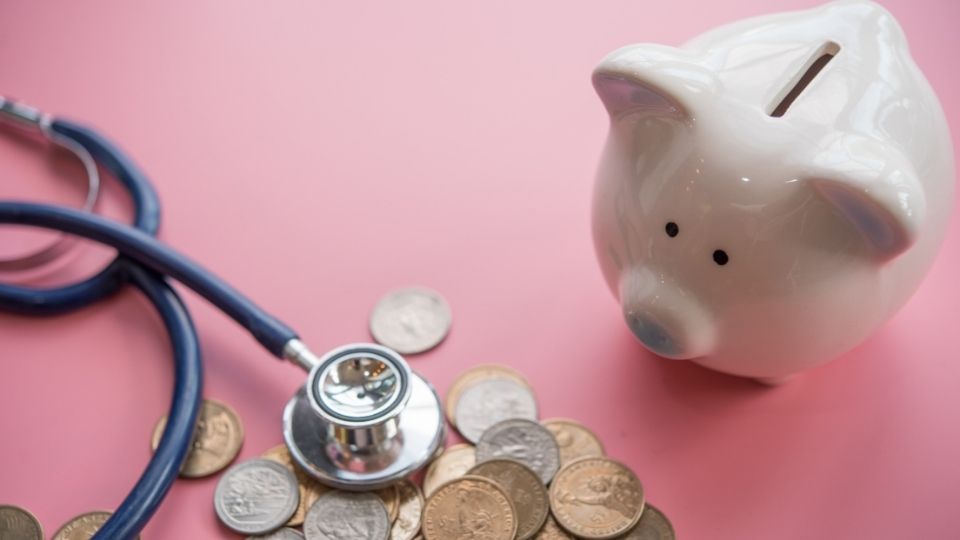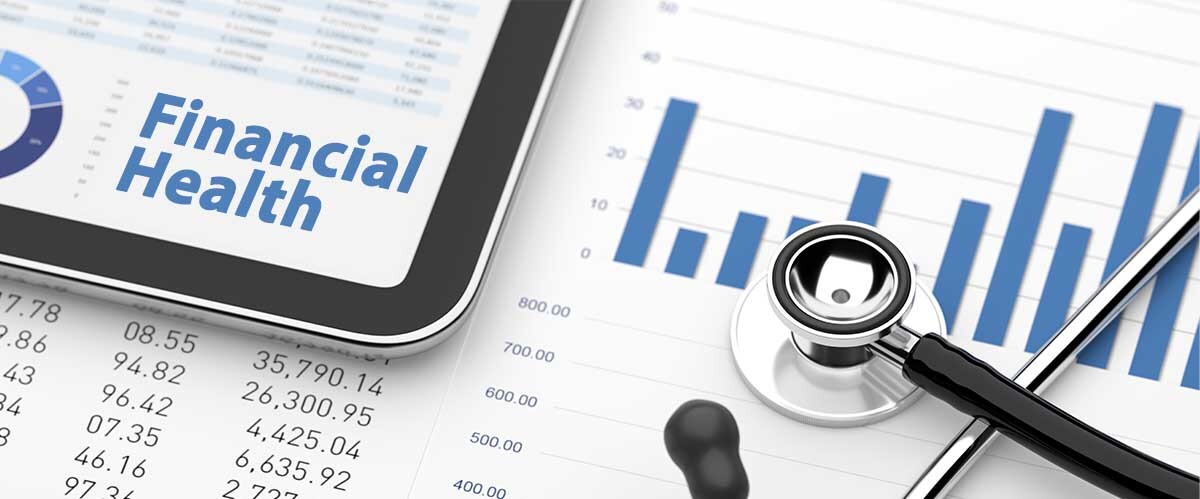Dealing with debts can be overwhelming, but with the right approach, it’s possible to regain control over your finances and stay financially healthy. In this article, we will explore effective strategies to manage your debts and achieve long-term financial stability.
Financial health is crucial for a stress-free and secure life. Managing your debts is a fundamental aspect of achieving that financial stability. The journey towards becoming debt-free might be challenging, but it’s a path well worth taking. By understanding your debts, creating a budget, reducing expenses, increasing income, building an emergency fund, choosing the right debt payoff strategy, considering consolidation or refinancing options, seeking professional help if needed, and staying committed to the plan, you can effectively manage your debts and stay financially healthy.
Understanding Your Debts

Before you can tackle your debts, it’s essential to understand them fully. Start by listing all your debts, including credit cards, loans, and any outstanding bills. Categorize them into secured and unsecured debts. Secured debts are tied to assets like your house or car, while unsecured debts have no collateral.
Different Types of Debts
Different debts have different implications on your financial health. For example, high-interest credit card debts can quickly escalate and become unmanageable. On the other hand, mortgages and student loans usually have lower interest rates and longer repayment periods.
Calculating Total Debt
Total debt refers to the sum of all your outstanding balances. Knowing this figure is crucial for creating a realistic plan to pay off your debts.
Identifying High-Interest Debts
Identify debts with high-interest rates, as these are the ones that can quickly accumulate and lead to a debt spiral.
Creating a Budget
A budget is a powerful tool to manage your finances effectively. It helps you see where your money is going, how much you can allocate to debt payments, and where you can cut back on unnecessary expenses.
Assessing Income and Expenses
Calculate your total monthly income and list all your regular expenses. This includes rent or mortgage payments, utilities, groceries, transportation, and other essential expenses.
Prioritizing Debt Payments
Evaluate your debts and prioritize them based on interest rates and outstanding balances. Focus on paying off high-interest debts first to save on interest payments.
Setting Realistic Goals
Set achievable goals for debt reduction, taking into account your financial capacity and other financial goals.
Reducing Expenses
To free up more money for debt payments, you need to find ways to reduce your expenses.
Cutting Unnecessary Costs
Identify discretionary expenses that you can cut back on, such as dining out, entertainment, or luxury purchases.
Exploring Cost-Saving Alternatives
Consider more cost-saving alternatives, like cooking at home instead of eating out or using public transportation instead of driving.
Renegotiating Terms with Creditors
If you’re struggling to make payments, contact your creditors to negotiate more manageable terms.
Increasing Income
Finding ways to increase your income can significantly accelerate your debt payoff journey.
Exploring Additional Income Streams
Look for part-time jobs or freelance opportunities that align with your skills and interests.
Taking Advantage of Skills and Talents
Monetize your hobbies or talents by offering services or products to others.
Utilizing Online Platforms
Leverage online platforms to sell products, offer services, or showcase your expertise.
Building an Emergency Fund

Building an emergency fund is crucial to avoid falling back into debt during unexpected financial setbacks.
Importance of Emergency Savings
Having an emergency fund provides a safety net and reduces the need to rely on credit in times of crisis.
Strategies for Building an Emergency Fund
Set aside a portion of your income specifically for emergency savings until you reach an appropriate fund size.
Avoiding Further Debts with Emergency Savings
Having an emergency fund helps prevent new debts from accumulating when unforeseen expenses arise.
Conclusion
Managing your debts and staying financially healthy requires a proactive and disciplined approach. Understand your debts, create a budget, cut expenses, increase your income, build an emergency fund, and choose the right debt payoff strategy. Seek professional help if needed, and remember to stay committed to your plan. By taking these steps, you’ll be on your way to a debt-free and financially secure future.







